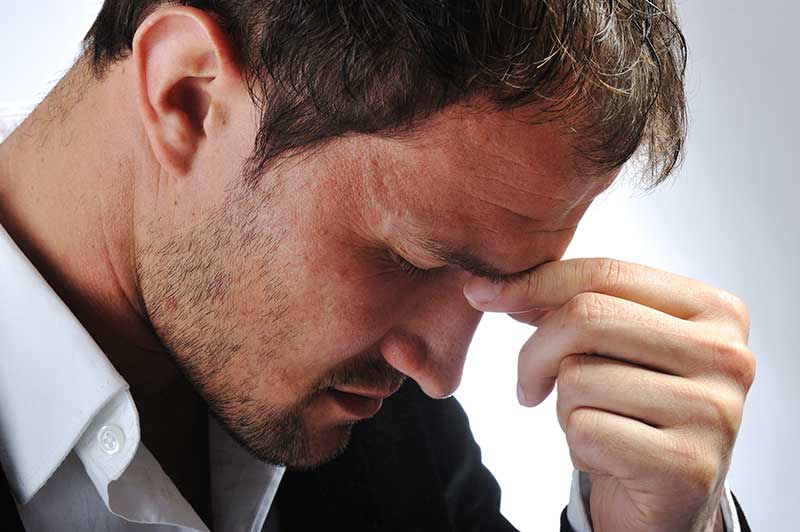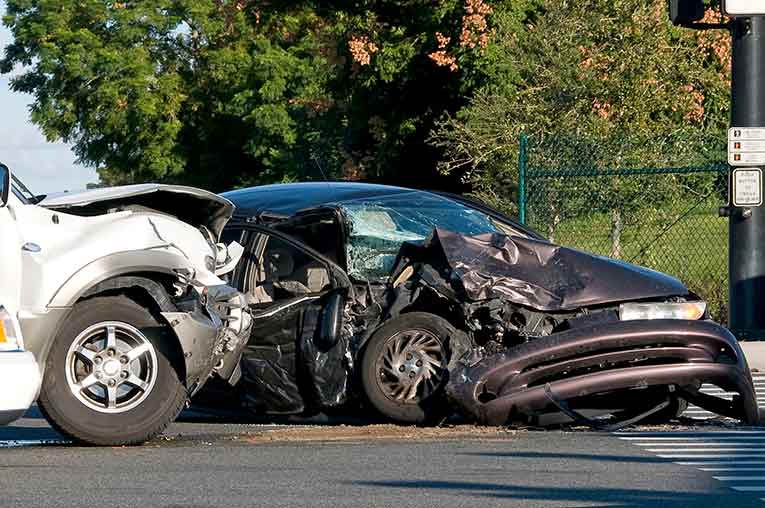Who’s to Blame After a Dog Bite?
- By Admin
- •
- 16 Mar, 2018
- •
Dogs are loving and smart. Dogs are also animals, and all animals can be unpredictable. A dog can bite someone and cause serious injuries without warning. If you have been attacked by a neighbor's dog, you know the effects of this scenario all too well.
For people in your situation, the goal is to determine who is at fault for their injuries. Is it the dog owner or is it the victim? This question is not always an easy one to answer — here's why.
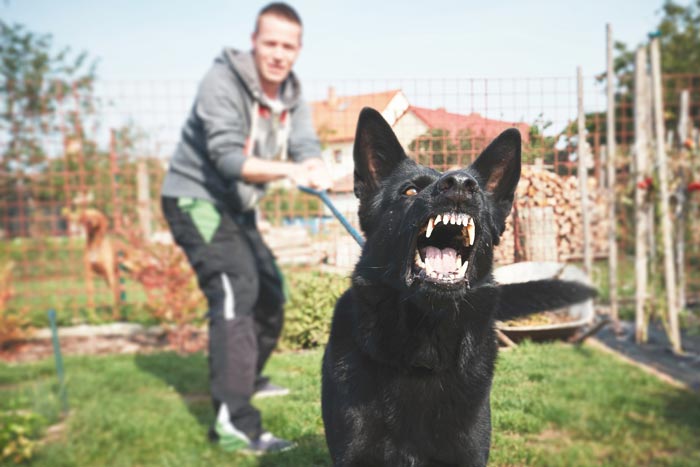
It Starts With the Dog’s Temperament
Every dog has a temperament or personality. Some dogs are mild tempered, and then there are dogs that are more aggressive — no matter the breed of the pet. It is the duty of the pet owner to know the temperament of their animal and to take the necessary precautions to protect their neighbors and the rest of the community.
The state of Georgia exercises dangerous dog laws. A dangerous dog is one that has acted with hostility in the past toward another person or animal or caused physical harm to another person or animal.
A dog that fits this description must be registered with the state, secured in a suitable area, and the property owner must have signage up to warn others that a dangerous dog is on the property. If the owner fails to complete these steps and the dog attacks a neighbor, it's likely that the pet owner will be held responsible for any injuries and pain and suffering sustained by the bite victim.
Neighbors Have a Responsibility Too
As the neighbor of someone with a pet, you have a responsibility too. As an adult, you know that specific behaviors make you tick. If someone purposely and repeatedly steps on this button, then you could very well react and behave in a manner that is uncharacteristic. Dogs are very similar to people in this respect. Every person should avoid agitating or provoking a dog.
A neighbor that intentionally riles up a dog by throwing objects at the animal to cause pain would be a scenario in which the individual is agitating and provoking the animal. Neighbors also have a responsibility to stay off private property.
If a neighbor has their dog secured in a fenced area and the victim wanders onto their property and is attacked by the animal, then it can be argued that the moment the victim stepped foot onto the property they understood the risk and are partially to blame for their injuries, known as an assumption of risk. All individuals must act responsibly around animals.
When You File Your Claim Matters
Guilt on the part of the pet owner is only a small factor when it comes to gaining compensation for your injuries. In the state of Georgia, you only have two years to file a claim for your damages. Any request submitted beyond this period will be denied for a violation of this statute of limitations.
It's worth noting that the claim must not be settled within this period nor must any necessary medical treatment be completed. However, a claim with the dog owner's insurance or a suit against the owner must be filed within two years from the date of the attack.
These are just some of the circumstances that affect fault. To explicitly determine guilt and get access to any compensation you may be entitled to, the assistance of an attorney is vital. At Daryl J. Walker Law Firm, we are happy to sit down with you and discuss the specifics of your case to help you achieve the resolution you deserve.
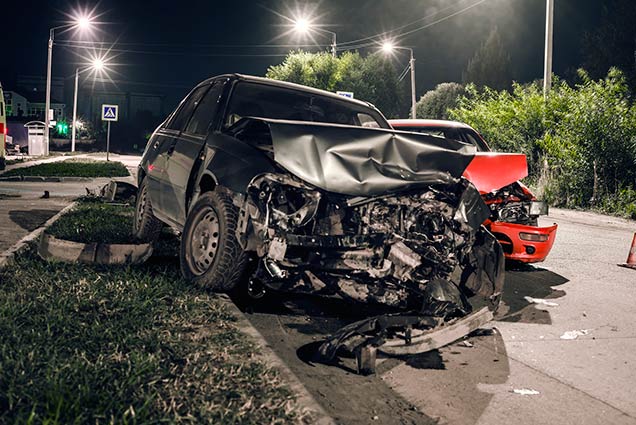

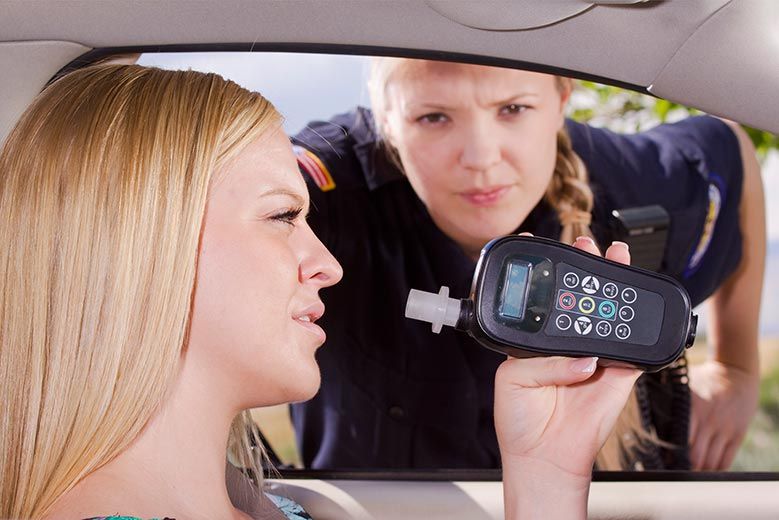

Protecting your own interests is a vital part of recovering from being charged with DUI. Unfortunately, many people may not even know where to begin to get their bearings and defend themselves, and as a result, you may miss an opportunity to take important steps for your own protection.
Below, you'll find a guide to some things you should be sure to do in the aftermath of a DUI charge. Keeping these suggestions in mind can help you to maintain your current standard of living while you're going through the process and can allow you to find the best possible outcome from a difficult legal situation.
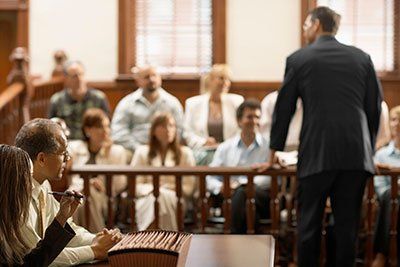
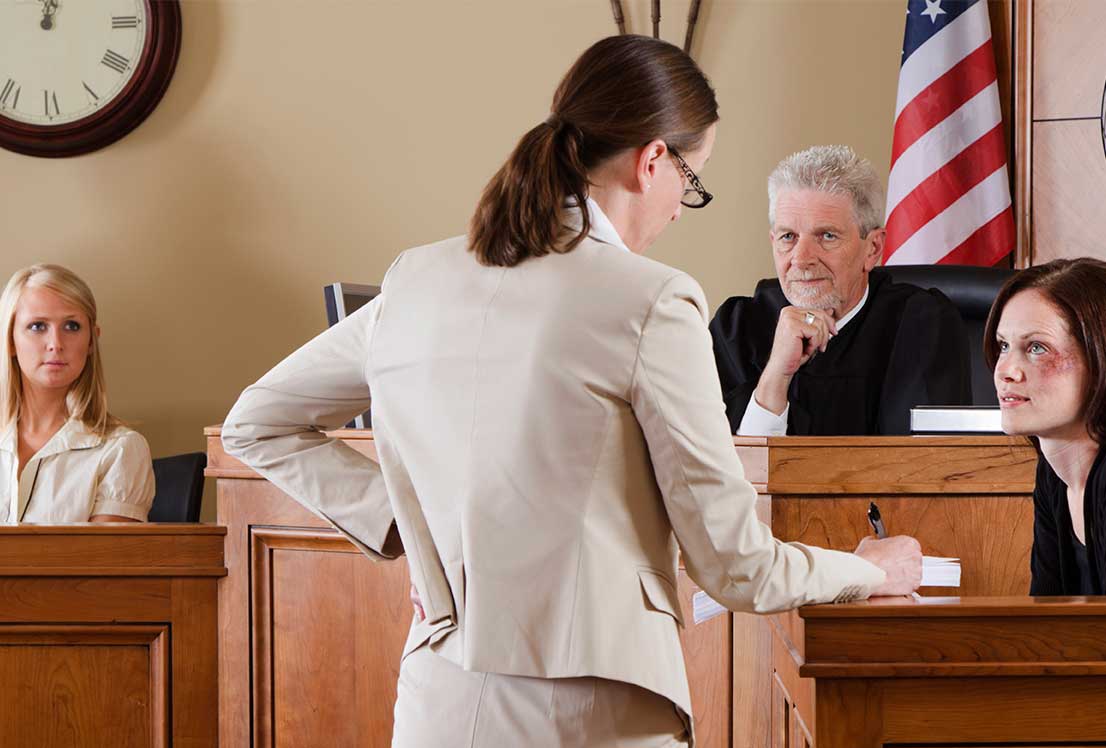

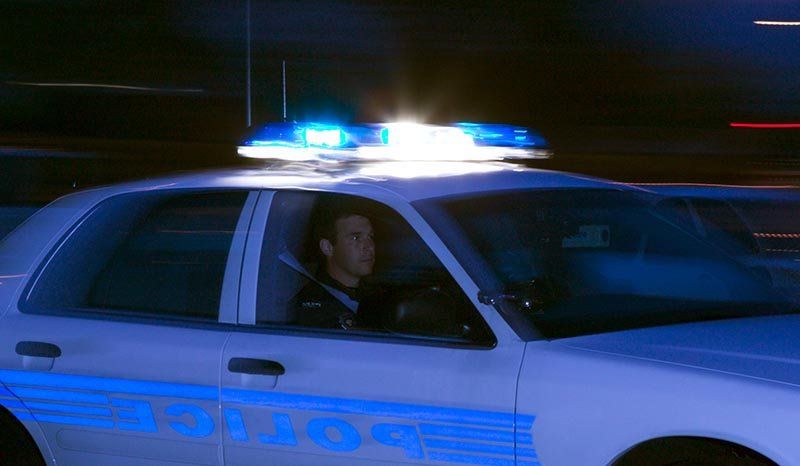
- First, write down any information that could possibly be pertinent to the complaint. This should include when and where you were stopped, who stopped you, if anyone was in the car with you and other details.
- Next, take care of any social media sites you have. Mark them as private in order to prevent law enforcement from gathering pictures and other information to use against you in court.
- Locate witnesses who saw what went on that night and who are willing and able to attest to your sobriety in the situation. Establishing your alibi is always crucial.
- Hire the right lawyer, who’s going to look out for your best interests throughout the process. Finding someone who knows what they’re doing can make a huge difference when it’s time to decide the verdict.

